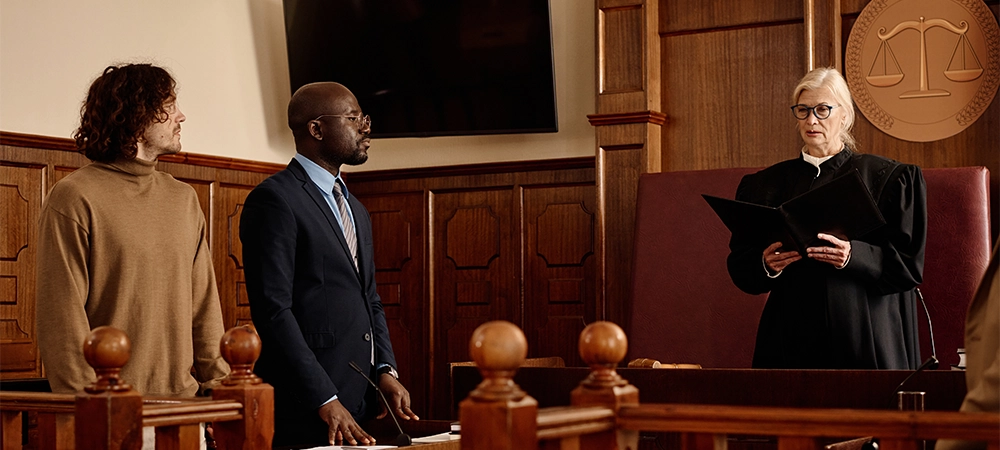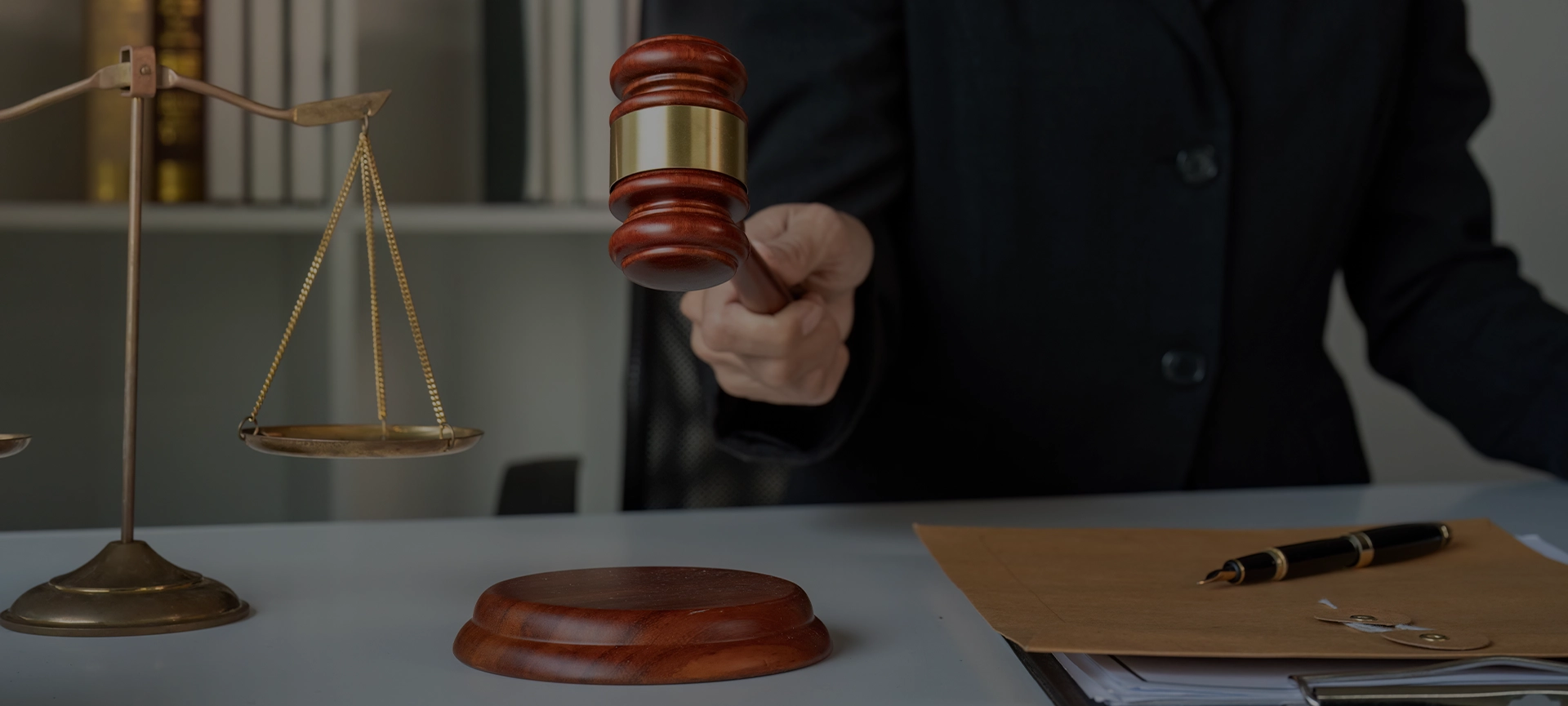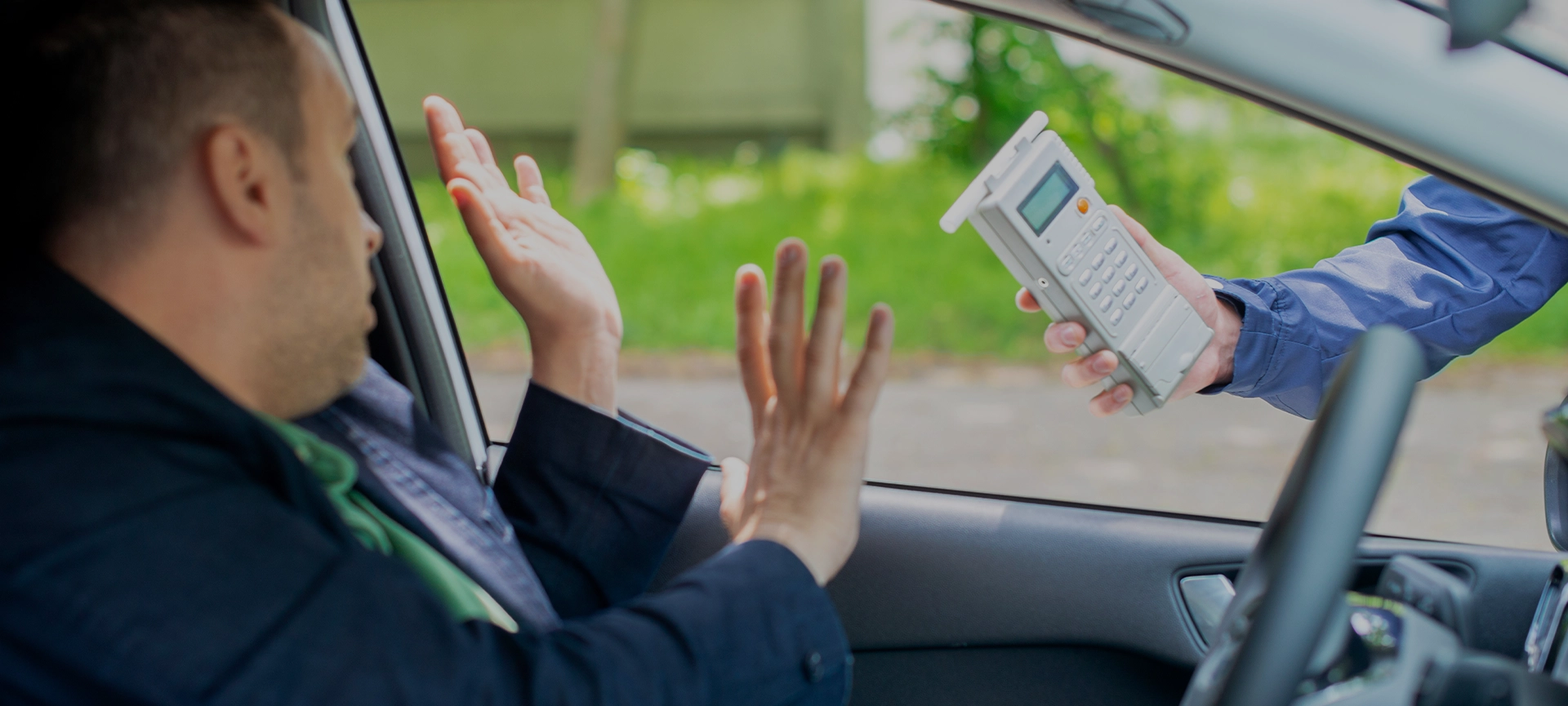Domestic assault charges are often complex. Whether it’s a lack of evidence, the alleged victim withdrawing their claim, or any other reason, there may be times when it feels you can get the case dropped.
In Canadian law, this isn’t always simple. If you’re facing this charge, then you need to know what your options are to get domestic assault charges dropped. Read on for everything that you need to know.
How to Get Domestic Assault Charges Dropped
The bad news for anyone looking to get the charges dropped is that it can only be done by the Crown. This means that even if the alleged victim doesn’t want the case to proceed, it can still go to court.
The reason for this is to protect the complainant from coercion and intimidation. For example, a domestic abuser may threaten violence if the case is not dropped. As the decision is out of the complainant’s hands, this is less likely to happen.
While that’s true, the alleged victim being unwilling to testify can impact the case being dropped. That’s not because it’s in their control, but the Crown will want to ensure a reasonable prospect of a conviction.
If the case is heavily reliant on witness testimony, the case may be dropped. However, if there are other forms of strong evidence, the case will proceed. The Crown can also drop a case if it’s not in the public interest to proceed. However, this is unlikely to apply to a domestic assault case.
Related Article: https://www.agpllp.ca/top-5-defences-against-domestic-assault-charges-in-canada/
Why The Crown May Drop a Domestic Assault Case
We’ve already looked at a few reasons why a case may be dropped. However, there are also other aspects to consider that can make the Crown doubt the validity of a case.
Conflicting Evidence – The evidence may be weak or confirmed as conflicting with witness statements. For example, CCTV footage shows that no assault took place.
First Offence and/ or Minor Incident – It may be that the alleged assault was as minor as it could possibly be, with no injuries. Especially if combined with no prior offences, the Crown may decide to drop the case to seek alternative resolutions.
Alternative Resolutions – These resolutions can also happen if the case against the accused isn’t strong. Peace bonds, diversion programs, and counselling are examples of court orders that can be given instead of pursuing a conviction.

What To Do If the Complainant Approaches You
It’s not uncommon for the complainant to change their mind and express regret about the case. Even though this can be encouraging news, you need to be careful. Not only can the case still proceed, but making the wrong steps can actually harm your case. Here’s what to do:
Strictly No Contact – If you have a no contact order (which is common), you have to stick to it. This is true even if the complainant wants to talk to you. Replying will breach your bail conditions, which is an offence in itself.
Tell Your Lawyer – If the complainant does try to approach you, talk to your lawyer straight away. They can facilitate the conversations required and speak to the complainant about preparing a written statement or affidavit.
Understand the Process – Imagine a scenario where the assault was exaggerated, the complainant has apologized and wants you to come back home. Even here, you have to understand they cannot drop the case, and the legal process has to be followed, no matter how unfair or unnecessary it feels. If they are no longer willing to testify, that should be seen as strengthening your case rather than the end of it.
Avoid Pressure or Coercion – This is an obvious point, but pressure and coercion can lead to further charges. This could be as simple as them wanting to take you back and you saying, “We’ll get back together if you drop the charges”.
Related Article: https://www.agpllp.ca/7-mistakes-to-avoid-after-a-domestic-assault-charge-in-canada/
Practical Steps to Improve Your Case
There is nothing you can directly do to get the charges dropped. However, there are steps that you can take which can either make the Crown consider dropping the case or help you in a trial.
Hire a Criminal Defence Lawyer – The vital first step is to hire an experienced domestic assault lawyer. They will review your case, see what defence options are available, and potentially look into alternative resolutions.
Review Disclosure Thoroughly – Both you and your lawyer will need to review the disclosure thoroughly. This provides all the information they intend to rely on. Once you do, you may notice weaknesses that can be exploited.
Gather Supporting Evidence – You need to work with your lawyer to gather all the evidence you can. This can include text messages, phone records, social media exchanges, and anything else you can think of.
Follow Bail and Release Conditions – You are likely to be granted bail but with strict conditions. It’s vital that you follow these as it’s an offence not to do so. Even if the complainant wants to see/speak to you, don’t do anything that breaches the conditions without going through the legal route.

Final Thoughts
The only way to get domestic assault charges dropped in Ontario is if the Crown no longer feels there is a case to answer. While the alleged victim can influence this decision, they are unable to directly drop the case.
These cases are complex for several reasons, and it’s vital to get experienced legal representation. If you’re in need of legal advice, contact AGP LLP today. We’ll be happy to go through your case in-depth to see how we can advocate on your behalf.






Well protected B refugee status individual NAS 268301–9 7B3 on the back of my SIM card. I’ve been legally rested over six times I’ve been illegally detained and I would greatly appreciate being able to return to the United States of America as my family is American.. I was adopted in 92. They had to do a shunt for bifida, which is a buildup of spinal fluid around your spinal column which can lead to seizures if you’ve ever seen Grey’s Anatomy that’s what had.. regardless I’m dealing with identity theft, which I’ve been reported to the police but also being targeted as a gay individual as well as for having a certain fetish. I have been ducked online. My identity has been compromised. People are banking in my name. I get the text messages of banking and my husband is paid by or has been paid by my adoptive father through solely incorporated and before that his ex/our ex was paid through DK industries to basically do the same thing to their son by his mother basically defund them, bring them back to their knees and then make them turn to God, which is part of the sin AI a.k.a. AIDA bill C 37/C 38 with minimum sentencing act which allowed for Webcrawler as well as punishment under Canadian law by AI …
It’s a false arrest. They did not provide me the opportunity to have a lower present. They did not know what a go light was. They did not read the Canadian criminal code. Paragraph subsection or paragraph the shotty paperwork house was broken into $15,000 was stolen and I am very late for a job down down at Capitol Hill actually being held hostage by children. Please see the link.